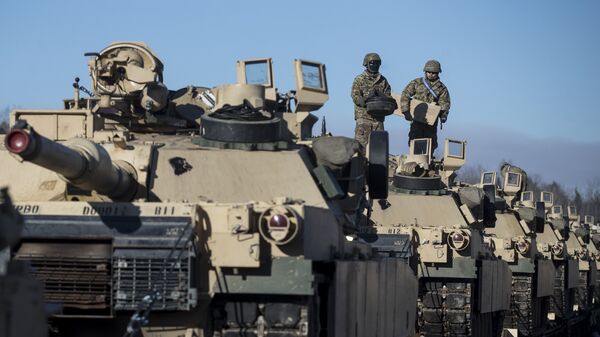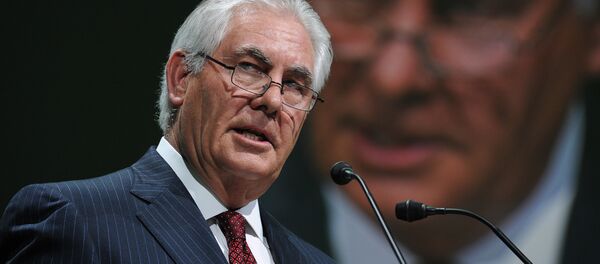Batyuk, who heads the Political and Military Research Center at the Moscow-based Institute of USA and Canada Studies, mentioned that this development is "a clear indication" of what the United States currently views as a priority. He also mentioned other signs indicating that this is a correct assessment.
"NATO is clearly not a priority. German Chancellor Angela Merkel's visit to Washington is a testament to that," he said. "Under these circumstances, the Middle East and the Far East, but surely not Europe, are significant to the United States."
Batyuk said that a range of topics will be on the agenda of Tillerson's visit, with discussions not limited to the Syrian crisis or sanctions.
"Not only the Middle East, but also the situation in the Asia Pacific, for instance North Korea, US air defense systems in South Korea, something which has sparked concern not only in Beijing, but also Russia" could be on the agenda, the analyst said. "There are also issues linked to disarmament. In particular, [Russian and American officials] could discuss preserving the Intermediate-Range Nuclear Forces (INF) Treaty."
The INF Treaty, a key Cold War era agreement, was signed by the Soviet Union and the United States in 1987. Washington and Moscow have occasionally accused each other of violating the bilateral agreement, which bans nuclear and conventional missiles that have a range between 500 and 5,500 kilometers.
Never miss a story again — sign up to our Telegram channel and we'll keep you up to speed!


